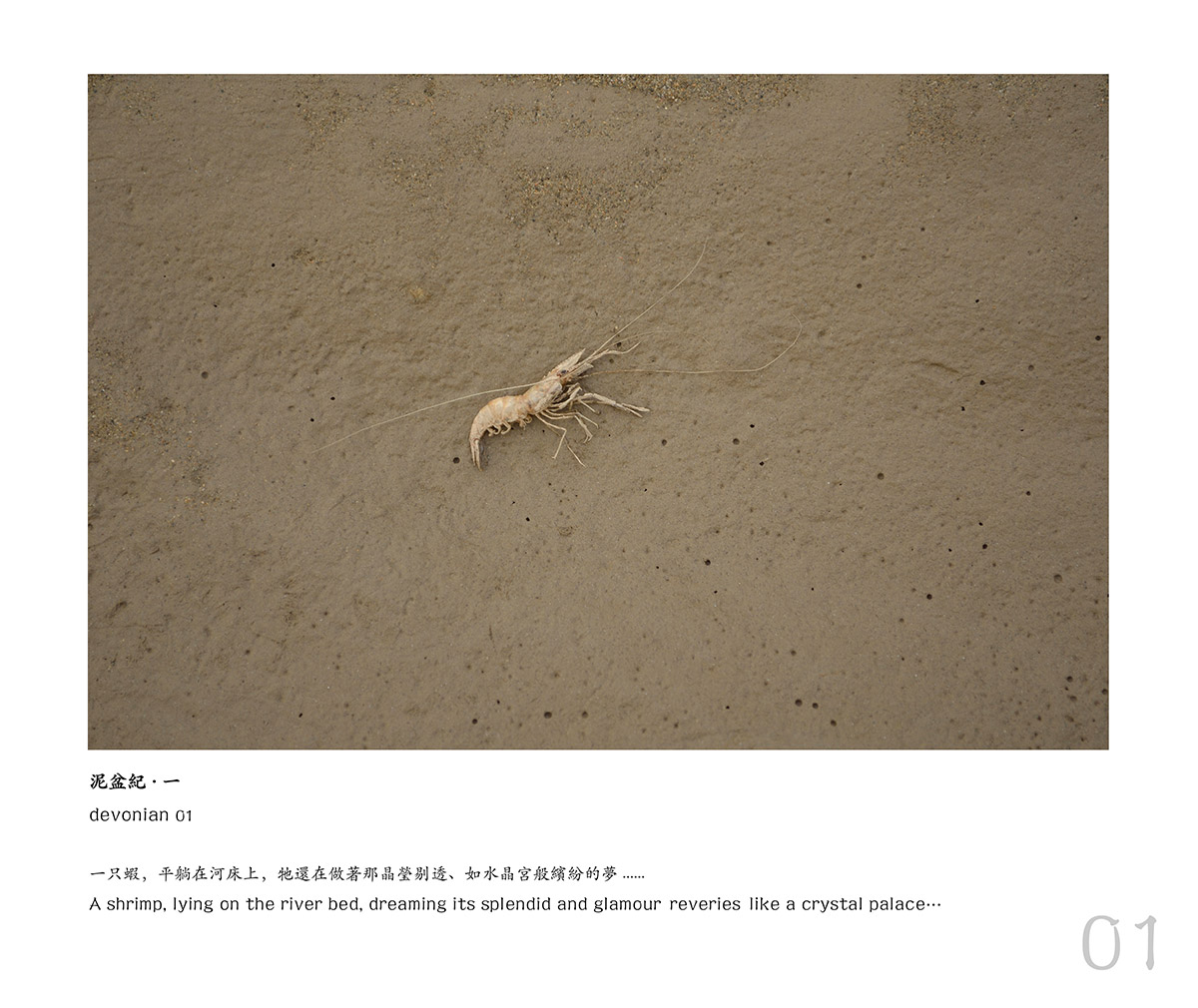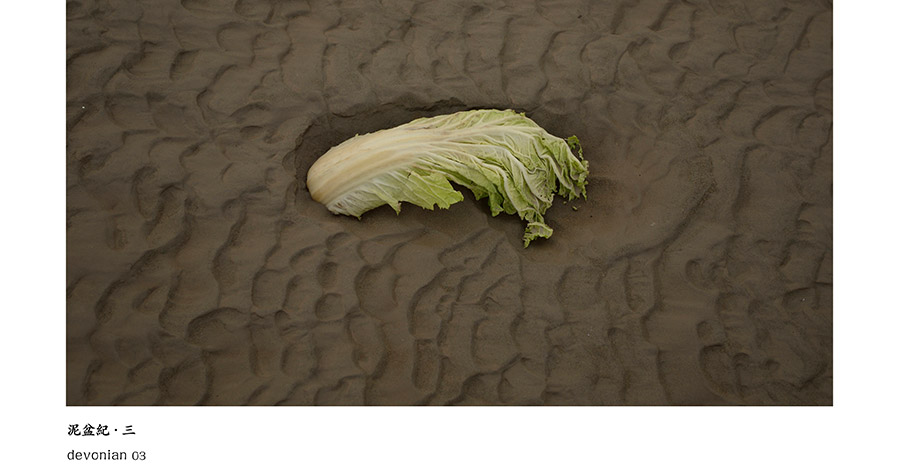CICA Museum, Media Gallery Section B
June 26 – 30, 2024
2024.06.26 – 30
Devonian 泥盆紀
This is one of my ambitious, longtime site-specific projects.
For many years, we have been aware the environmental problems that human has brought to the earth, yet I could hardly sense that a few years ago. In recent years, the global warming and its consequent effects has contributed a lot to the complicated problems and issues we have to face today. The droughts in some very important regions for food agriculture and productions are really threatening our food safety in the next few years, the Russo-Ukrainian War also has a great negative impact on the crisis. We now know for sure that a great number of population will suffer from hunger in the foreseeable future.
The most obvious phenomenon of the food crisis is the drought, lack of rainfall in some decisive areas will certainly decrease the food production dramatically. And the most apparent sign of drought is the water level of a river. Whenever there are Hungersteine (hunger stones) rising from the bottom, then the famine is not far away from us.
The Qiantang River (錢塘江), the biggest river in Hangzhou, Zhejiang Province, China, has exposed its bed to the sun in summer for the recent years. Due to persistent heatwaves and insufficient rainfall, the river has lost its blood during the burning summertime. I had noticed this when I walked along the riverside in the summer afternoon. Actually, what I saw was not just the dry riverbed, but also a lot of man-made objects left in the sand and soil exposed in the direct sunshine. I strolled onto the riverbed, then I was overwhelmed on encountering those objects: vegetables, bottles, bags and even corpse of animal were half-buried there. And the water and waves had left their timely tracks and marks on them, making them as some bizarre, astonishing pictures that I could never imagine before. I decided to take photos then started a new project dedicating to these scenes. They were so delicate and melancholy that I can even wrote a poem for each of them, which can be regarded as the inseparable part of the entire project.
Devonian, with its substantial diversity of fishes, is called the Age of Fishes, yet this geological period also had some devastating catastrophe in its late epoch — the late Devonian extinction put an end to lots of sea animals. Numerous fossils we have discovered today were the end result of this process. The similar sight of the objects left in the riverbed reminded me this special period in the earth history: what if our human never exit in the next four thousand years if we continue to pollute our planet in such a rapid way? what will the next dominating race or even extraterrestrial life find when they dig into the earth? What will they think on seeing such fossils in the riverbed?
I foresee the history of human being in the next four thousand years…

